Copyright 2025
Medical Security Card Company, LLC
All Rights Reserved
We take the privacy of your personal information seriously. By signing up I agree to WellRx's terms of use and privacy policy.
Steve Asmussen
September 22, 2016
There’s no known cure for Attention Deficit Hyperactivity Disorder (ADHD). ADHD is a common disorder that often starts in childhood, but is sometimes not diagnosed until adulthood. It is important for parents to remember that ADHD can be successfully managed. There are many treatment options, so parents should work closely with everyone involved in the child’s life—healthcare providers, therapists, teachers, and family members.
For children 6 years of age and older, the American Academy of Pediatrics (AAP) recommends both behavior therapy and medication as good options, preferably both together. For young children (under 6 years of age) with ADHD, behavior therapy is recommended as the first line of treatment, before medication is tried. Good treatment plans will include close monitoring of whether and how much the treatment helps the child’s behavior, and making changes as needed along the way. You can learn more about the AAP recommendations for treatment of children with ADHD by visiting the Centers for Disease Control ADHD Recommendations page.
Behavior therapy as the first line of treatment for preschool-aged children (4–5 years of age) with ADHD. Parent training in behavior therapy has the most evidence of being effective, but teachers and early childhood caregivers can use behavior therapy in the classroom as well.
Behavior therapy is an important first step because:
A review of treatment results found enough evidence to recommend parent training in behavior therapy as a solid treatment option for children under six years old with ADHD symptoms and for disruptive behavior, in general.
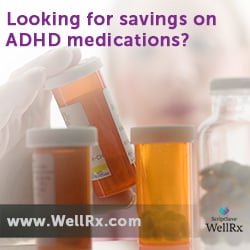
Central nervous system (CNS) stimulants are the most commonly prescribed class of ADHD drugs. The parents and their doctor should decide together on which medication is best for their child and whether the child needs medication during school hours only or on evenings and weekends as well.
Common CNS stimulants include:
Nonstimulant medications:
Nonstimulant medications are often considered when stimulants haven’t worked or have caused intolerable side effects. Nonstimulant medications used to treat ADHD include atomoxetine (Strattera) and antidepressants like nortriptyline HCI (Pamelor).
Support groups are great for helping parents of children with ADHD to connect with others who may share similar experiences, concerns, and successes. Support groups typically meet regularly so relationships and support networks can be built. Knowing you’re not alone in dealing with ADHD can be a huge relief. Support groups can also be a great resource for specialist recommendations and practical strategies, especially if you are a parent of a child newly diagnosed with ADHD.
Children with ADHD often thrive with activities that channel their energy productively. Classes, like art, music or dance lessons, or martial arts classes can also be a source of positive reward and foster mental discipline. Find out what your child is interested in and remember, don’t force them into anything.
Reference:
https://www.cdc.gov/ncbddd/adhd/guidelines.html
https://www.cdc.gov/ncbddd/adhd/treatment.html
https://www.webmd.com/add-adhd/guide/adhd-treatment-care

For your convenience, use the ScriptSave® WellRx mobile app. Now savings are well in hand, right at the pharmacy counter. Save on your family's prescription medicines.
Learn More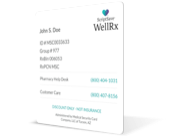
Your choice. Get a ScriptSave WellRx Savings Card. Or Download the free mobile app from the App Store or Google Play Store
Get A Card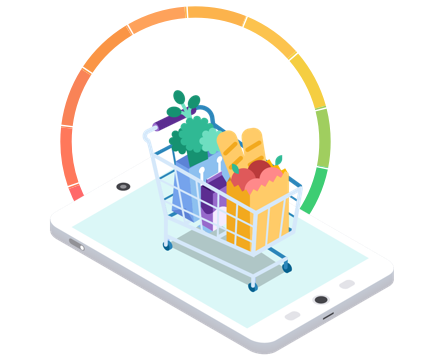
ScriptSave WellRx Grocery Guidance leverages leading-edge nutritional data science to help you know which food products on your grocery store shelf are truly good for YOU.
Healthy Foods For YouTags:
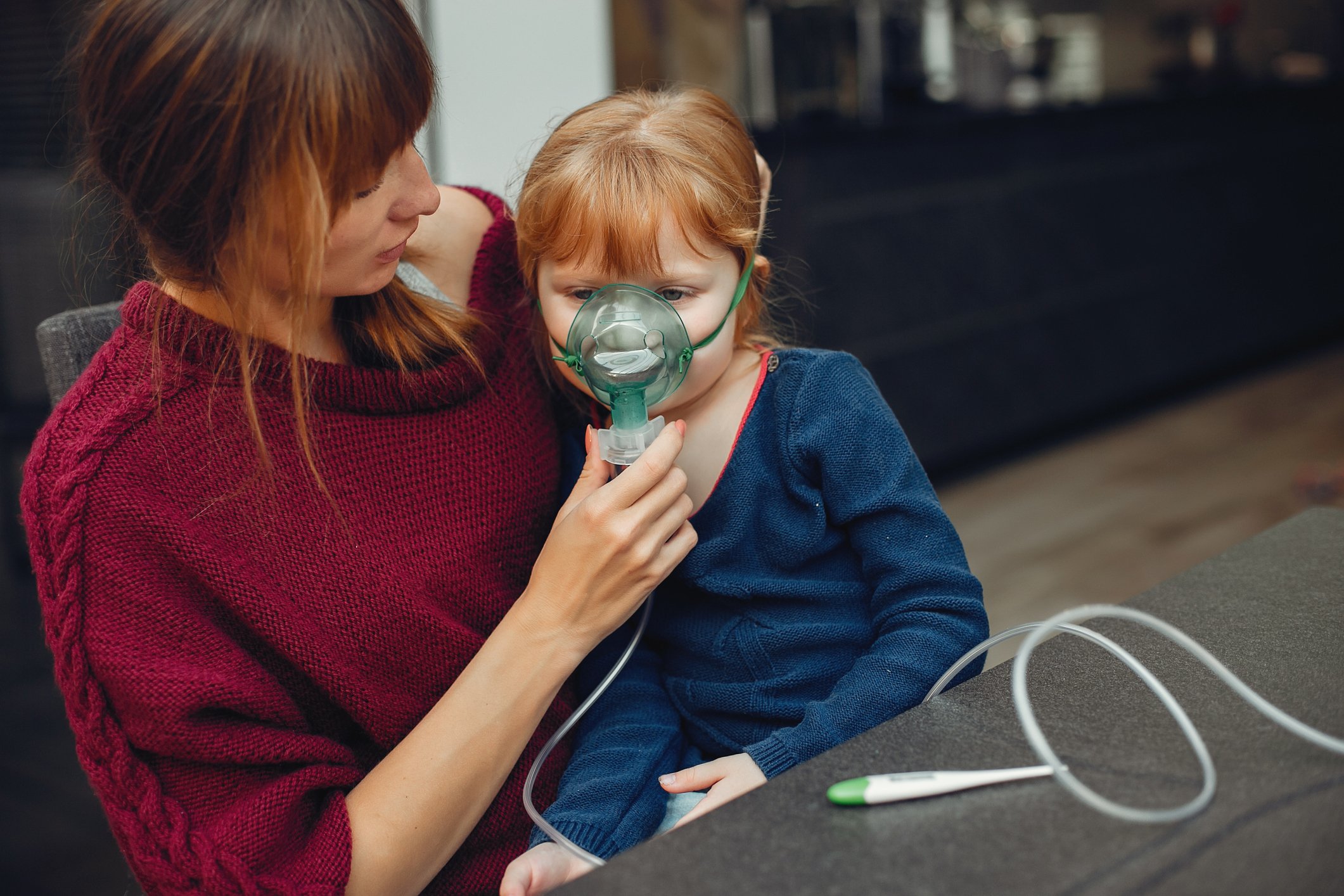
July 30, 2025
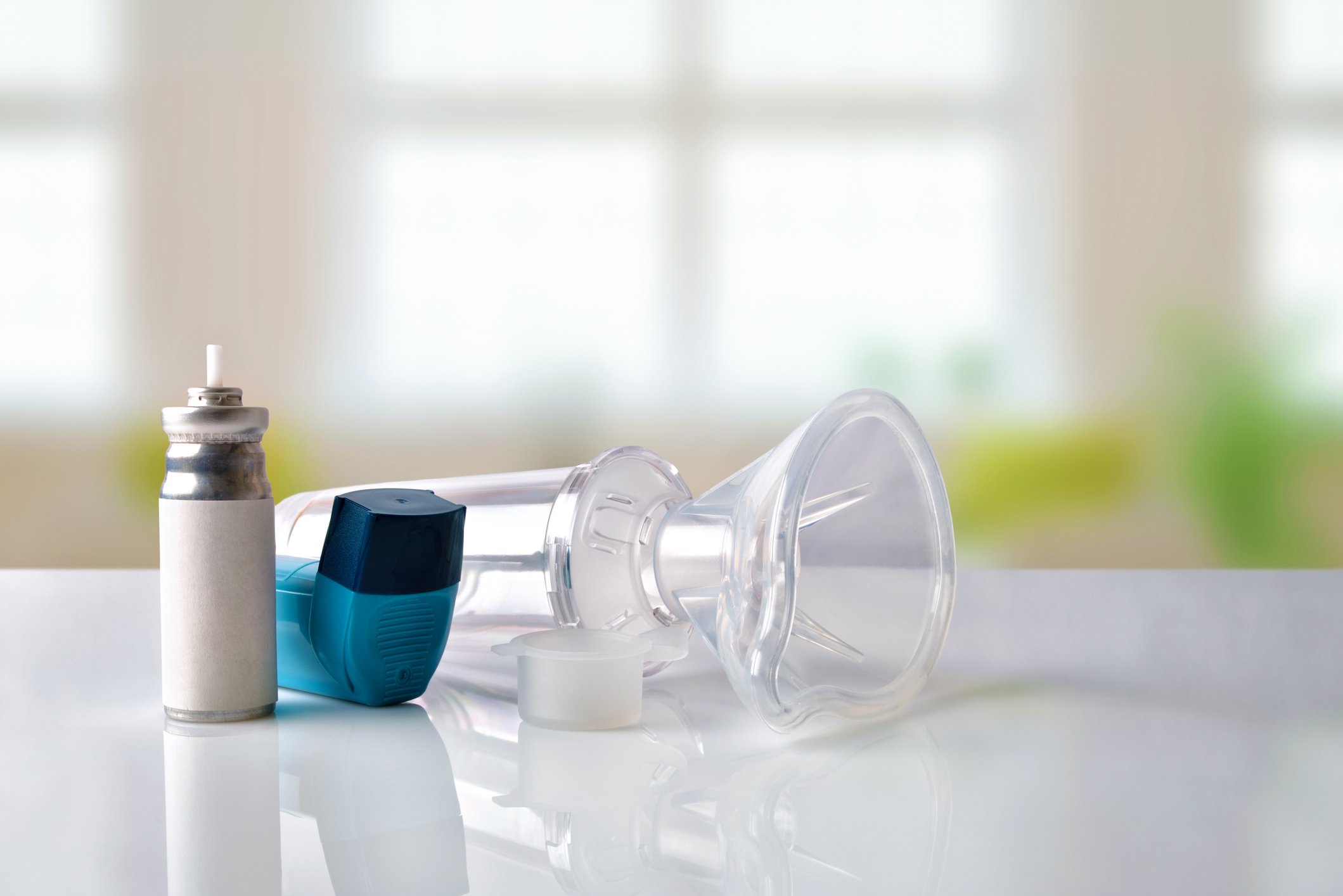
July 23, 2025

July 16, 2025
You need to log into the site to use this feature
This feature requires registration. Sign up or log in to your free WellRx account to gain access to this and other tools to help make managing your medications and wellness easier.
Benefits Include:
 Store & manage your medication list
Store & manage your medication list
 Medication pricing updates
Medication pricing updates
 Medication information
Medication information
 Pill & refill reminders
Pill & refill reminders
 Medication journal & mood log
Medication journal & mood log
This feature requires registration. Sign up or log in to your free WellRx account to gain access to this and other tools to help make managing your medications and wellness easier.
Benefits Include:
 Store & manage your medication list
Store & manage your medication list
 Medication pricing updates
Medication pricing updates
 Medication information
Medication information
 Pill & refill reminders
Pill & refill reminders
 Medication journal & mood log
Medication journal & mood log
You will be redirected to your program in 5 seconds.
Our Terms and Conditions and Privacy Policy have recently been updated.
By declining you will be logged out of your account